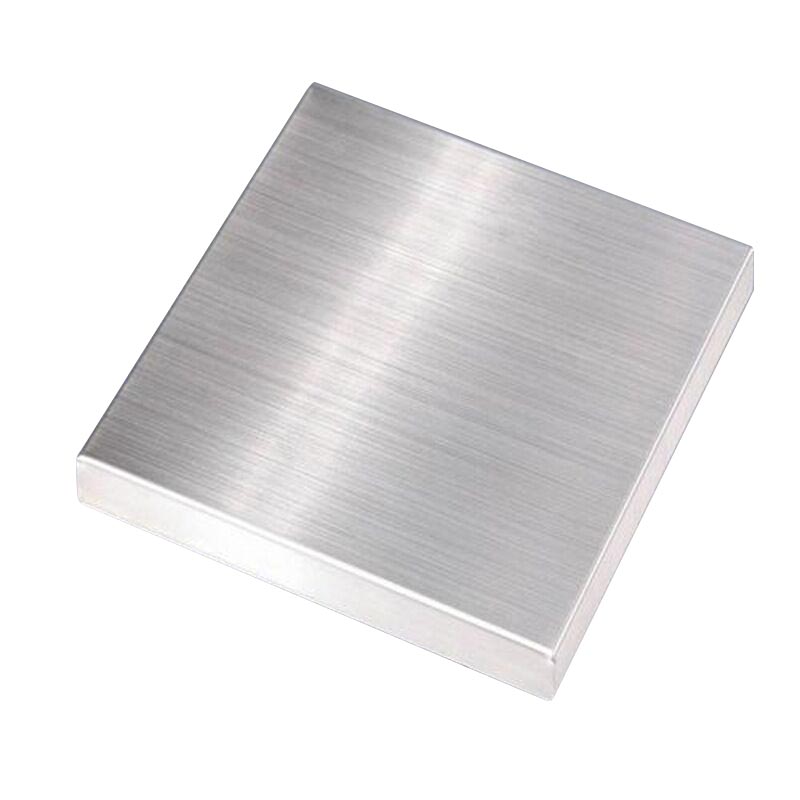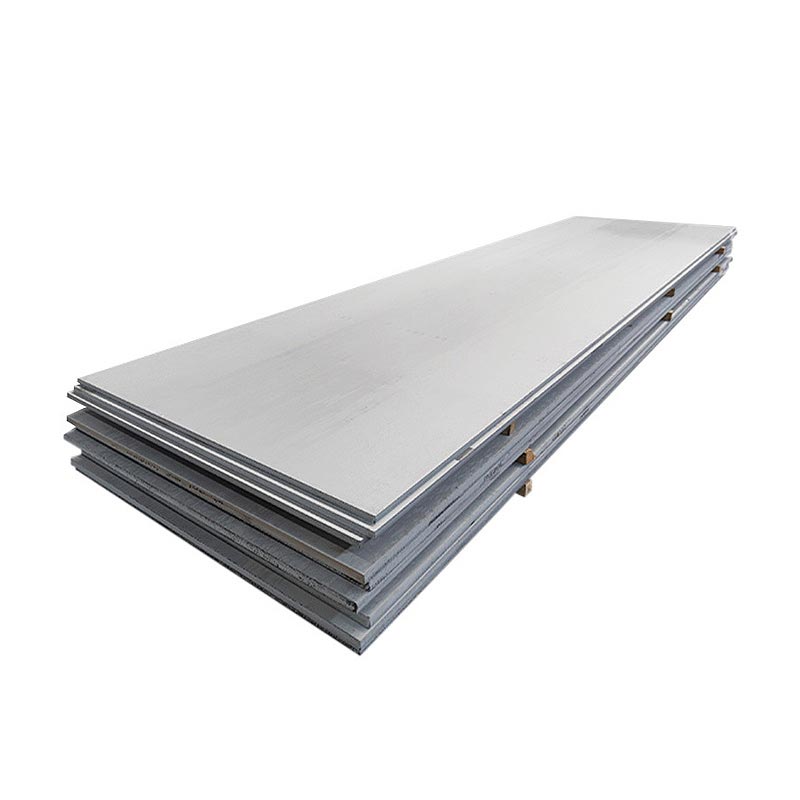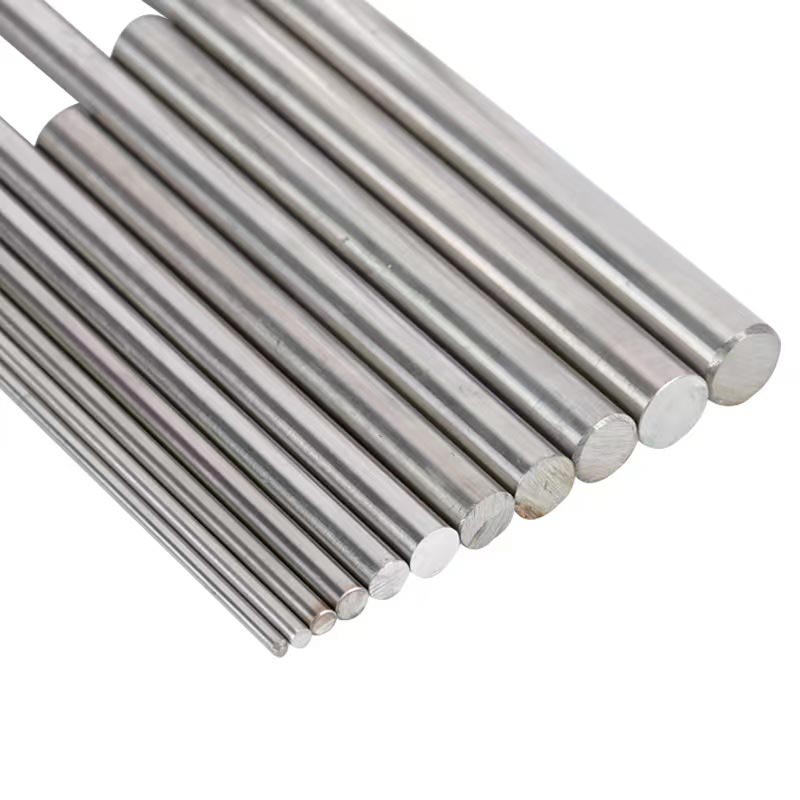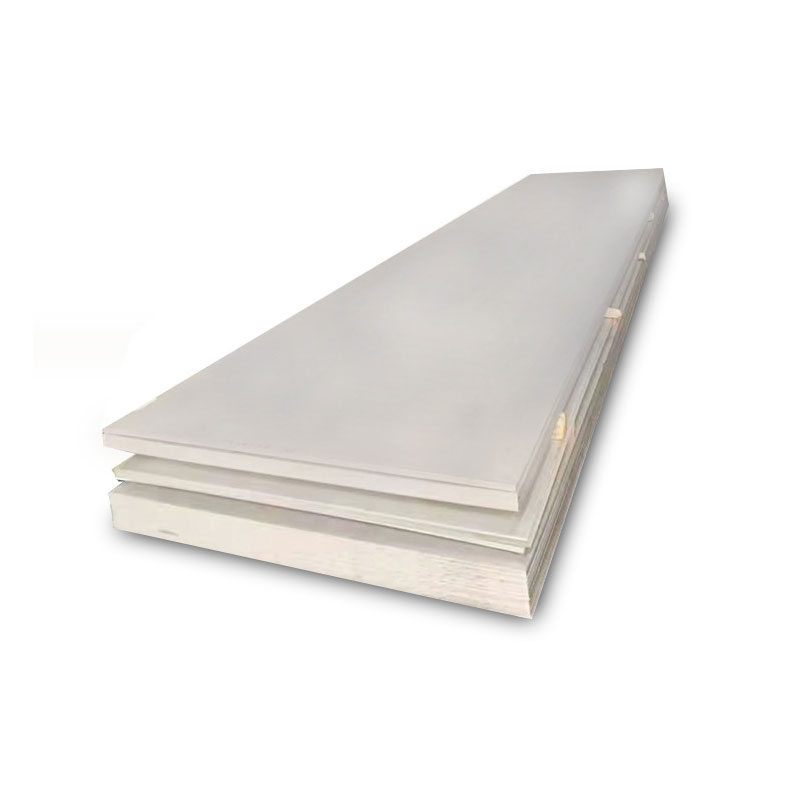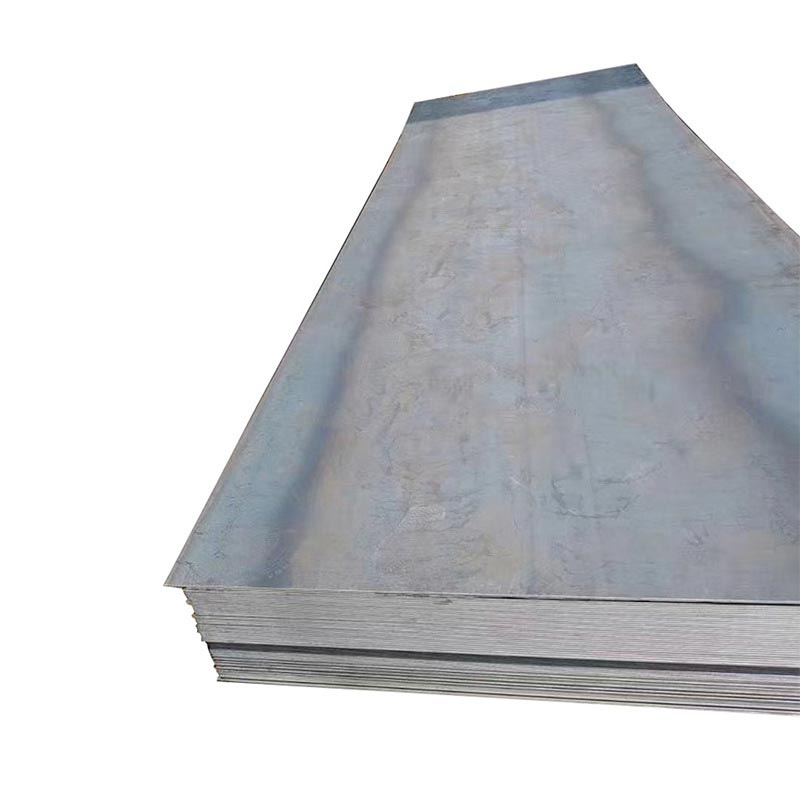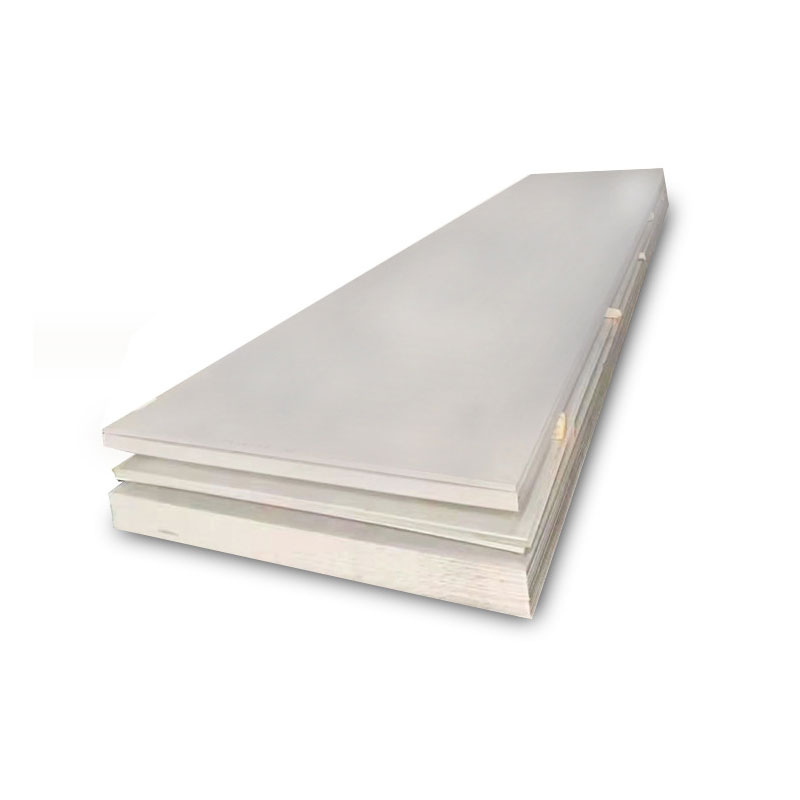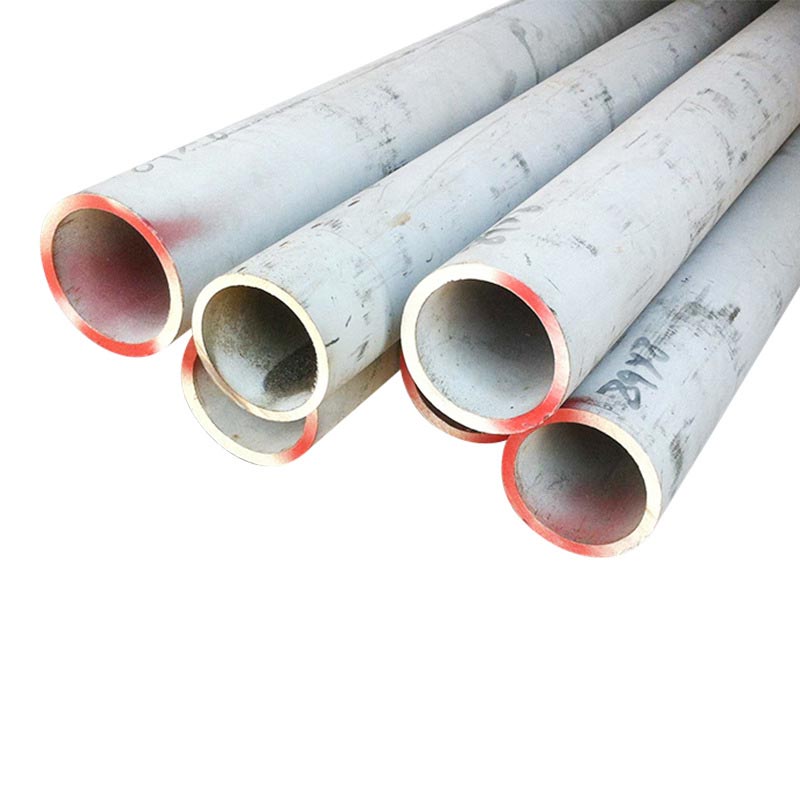What is the corrosion resistance ofStainless Steel Tubes, and which industries most commonly use them?
What is the corrosion resistance of Stainless Steel Tubes, and which industries most commonly use them?
Stainless steel pipes are widely favored for their exceptional corrosion resistance. These pipes contain at least 10.5% chromium, which forms a dense chromium oxide protective film on the surface, effectively resisting erosion from water, air, and various chemicals. Among them, 304 and 316 stainless steel pipes exhibit outstanding corrosion resistance, with 316 stainless steel pipes offering superior resistance to chloride corrosion due to the addition of molybdenum.
The corrosion resistance grade of stainless steel pipes can be selected based on the operating environment, making them suitable for applications ranging from mildly corrosive indoor settings to high-salinity marine conditions. Compared to ordinary steel pipes, stainless steel pipes can extend service life by 3-5 times, significantly reducing replacement and maintenance costs.
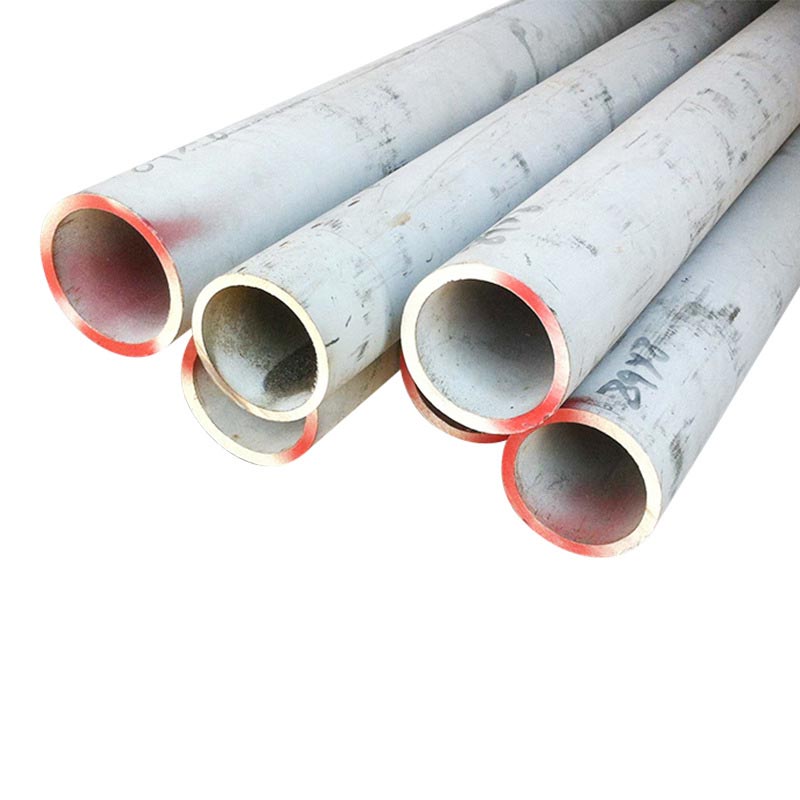
The petroleum and chemical industry is one of the largest consumers of stainless steel pipes. In this sector, they are used to transport various corrosive media, such as acidic gases and alkaline solutions. 316L stainless steel pipes are particularly well-suited for handling chloride-containing media, making them a core component of chemical processing equipment.
The food and beverage industry also extensively utilizes stainless steel pipes. Due to their non-toxic, odorless, and easy-to-clean properties, 304 stainless steel pipes are the preferred choice for food processing equipment and transportation pipelines. From milk processing to beer brewing, stainless steel pipes ensure product hygiene and safety.
The modern construction industry increasingly relies on stainless steel pipes. Whether for water supply systems in high-rise buildings or decorative stainless steel railings, these pipes demonstrate both durability and aesthetic appeal. In coastal areas, 316 stainless steel pipes, resistant to salt spray corrosion, are an ideal choice for building facades and structural supports.
The medical industry imposes extremely stringent requirements on stainless steel pipes. Surgical instruments, medical gas delivery systems, and diagnostic equipment all use specialized grades of stainless steel pipes. These pipes must not only exhibit excellent corrosion resistance but also possess biocompatibility and ease of sterilization.
With technological advancements, the performance of stainless steel pipes continues to improve. Duplex stainless steel pipes, combining the advantages of austenitic and ferritic steels, offer higher strength and corrosion resistance. Nano-modified stainless steel pipes are also under development, promising further extended service life.
Increasing environmental regulations are driving more industries to adopt stainless steel pipes. Compared to other piping materials that require frequent maintenance and replacement, stainless steel pipes are increasingly recognized for their long-term economic and environmental benefits. From seawater desalination to exhaust gas treatment, stainless steel pipes are playing critical roles in more and more key fields.
- Why Does Tinplate Steel Win Real-World Packaging Projects Today?
- Surface Quality Inspection Methods and Precautions for 304 Stainless Steel Sheet
- What is the Manufacturing Process of Stainless Steel Tube?
- Welding Quality Measures for 304 Stainless Steel Seamless Tubes
- How to Choose the Stainless Steel Tube for Your Industrial Needs?
- Bright Annealing Conditions for 304 Stainless Steel Tube



